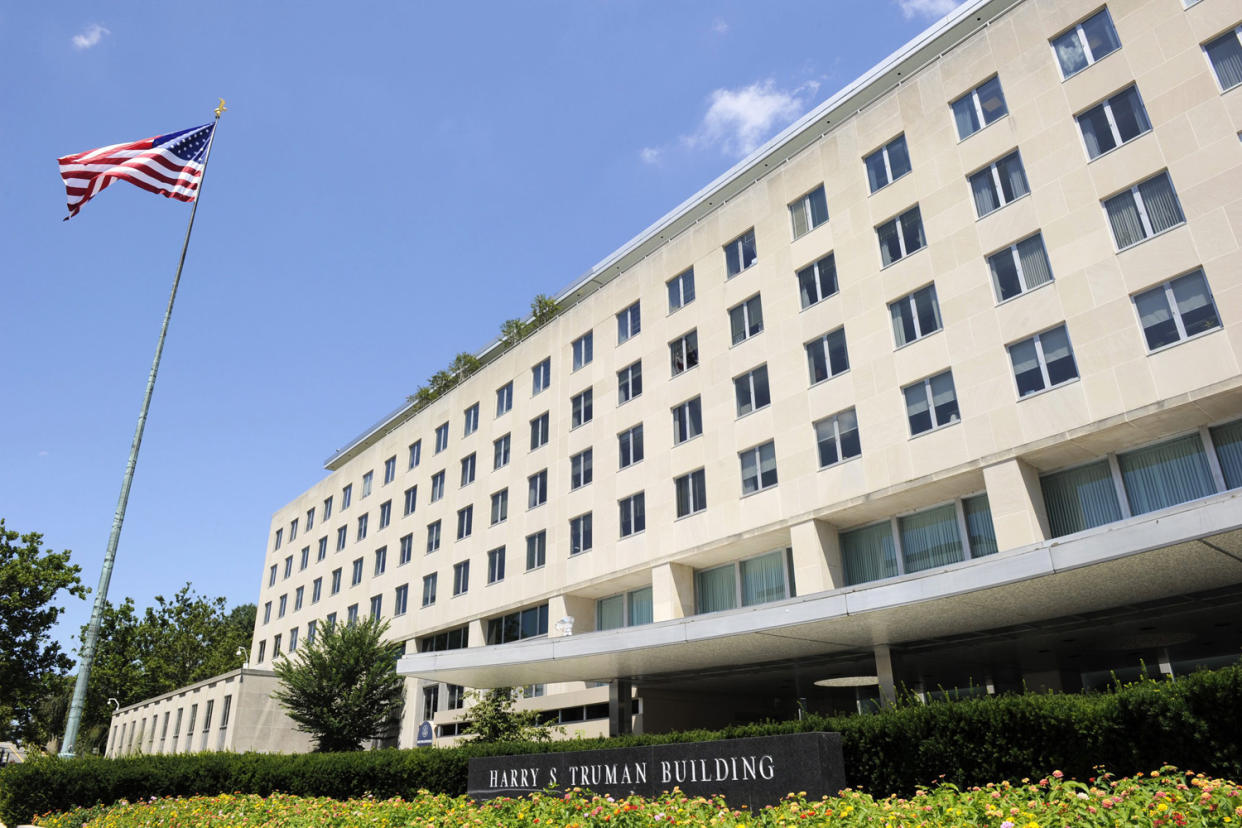Nothing But A Circus: Misadventures Among the Powerful by Daniel Levin - review

The global elite has had a bad press lately and it’s largely deserved. Daniel Levin’s Nothing But a Circus is about his experiences among them — heads of government, leaders of think tanks and the bosses of multinational corporations — and he’s depressed by them all.
His focus isn’t just on the way power and money corrupt our better selves, though that much is clear. Rather, he’s concerned at the way the corruption of the international elite ends up impoverishing the people they profess to serve. “In the course of my work,” he observes, “I witnessed the disastrous ineffectiveness of multilateral institutions, aid agencies and prominent consultancies, which seemed organisationally inept and unwilling to rethink their palpably flawed approach to development.”
Actually I’m still not clear what Levin’s own work is — just that he’s an international lawyer who has played a part in privatisation programmes (that infallible driver of corruption) and markets a “platform” to equip developing countries with financial expertise. Presumably he too has had his share from the aid trough. And just when he had the encounters he describes is also unclear.
Whatever. His experiences at the UN, on the fringes of the US State Department and with international agencies induced in him a sense of boredom which will be familiar to anyone who has ever attended an aid conference: “a boredom caused by overexposure to cloned, copy-paste advisory mandates that ended up as boilerplate diagnostic reports rife with platitudes and… as cannibalised initiatives that imported and compounded the mistakes and shortcomings of previous projects”. The jargon, the futility and self-importance of the experts, the sycophancy of the aides and interns — all there.
There’s a tragic-funny chapter on Angola about a conference where an economist described to a comatose audience the importance of financial risk management systems, even though most of his audience didn’t understand English and the subject was irrelevant to the cash-based Angolan economy.
Levin was then shown Luanda’s barter market, a remarkably complex and effective system which included a sophisticated exercise in shorting various commodities — interestingly, the woman who conducted it was aware of the risks. His contention that individuals (not rulers) within developing countries are often better equipped than the experts (yep, them again) to identify countries’ needs is a running theme of the book.
It’s not just Africa. He recalls a dinner where a Chinese boss insisted on ordering a prodigiously expensive claret which he and his acolytes would not acknowledge was undrinkable — the emperor’s new clothes. There’s the noisy Russian opposition politician who surfaces years later as a Putin stooge. There’s the suggestion that US companies who want the State Department’s help getting foreign contracts may contribute to the Secretary of State’s family foundation to further their interests. Bernie Sanders, one for you.
The book has flaws: the prose is effortful and the author is short on prescriptions for reform, other than the implicit one of pulling the plug on the international aid industry. But it makes you think. When Levin grew up in Africa in the Sixties he remembers it “brimming with post-independence optimism”. What went wrong? It all bears out the late Lord Acton’s observation that “all power tends to corrupt” — everything here is just illustrative of that melancholy truth.
£14.88, Amazon, Buy it now

 Yahoo News
Yahoo News 
